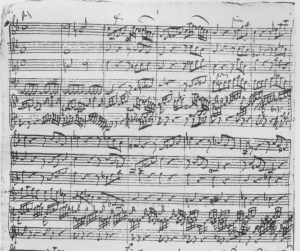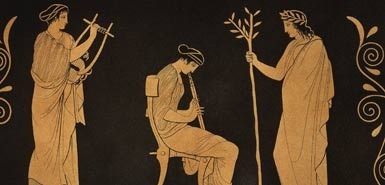
Here is an interesting story:
Granados, born in 1867, composed “Maria del Carmen” in 1898, the year Spain and the United States went to war. It premiered in Madrid to such acclaim that Queen Maria Cristina awarded Granados the Charles III Cross for his work. The opera — a love triangle set in a Spanish village in the region of Murcia — was later revised for subsequent productions, but was never performed in its original version again.
In 1938, one of Granados’ sons sold the original opera to a prominent New York musician and publisher for $300 to raise money for the Republican cause in the Spanish Civil War. Other family members wanted it returned. The question of ownership remained the subject of litigation for decades until 1970 when the opera was reported destroyed in a warehouse fire in New York.
Walter Clark, professor of music and director of The Center for Iberian and Latin American Music at the University of California, Riverside, who came upon the opera while researching material for his biography, “Enrique Granados, Poet of the Piano” , was obsessed by it for years. After wondering if it was really destroyed contacted the grandson of the man who had purchased ‘Maria’ and finally found it. Clark, incidentally, is a guitarist who plays Granados on the guitar.
“No one has heard this performed since 1899,” Clark said. “It is being published now by Tritó, the same company that will record it. It will be performed in various places in Spain next year, and I will be there. This is a 20-year detective story with a happy ending.”








